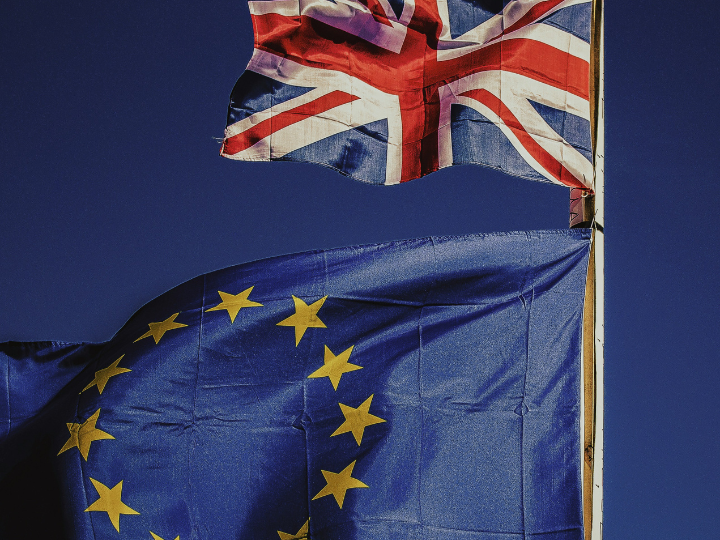As UK Prime Minister Keir Starmer’s first official meeting with European Commission President Ursula von der Leyen takes place in Brussels on Wednesday, an unfamiliar optimism is in the air.
But for all the pleasantries on both sides, we still lack details on what Starmer hopes to get out of his heavily trailed ‘reset’ of relations with his closest neighbours.
Much of the speculation has centred on the trade dimension of the relationship, understandably so, given the hand the UK dealt itself with the Trade and Cooperation Agreement (TCA) - one of the two core agreements, alongside the Withdrawal Agreement, that now govern the EU-UK relationship.
From the City of London to what is left of the automotive industry to the small traders who once used Europe to scale up their businesses, no one in UK industry seems happy and everybody is seeking improvements.
They might see a dimly lit path forward emerge tomorrow. Von der Leyen’s deputy, Maros Sefcovic, spoke of “advancing our joint agenda” following his meeting on Monday (30 September) with Nick Thomas-Symonds, the UK minister for EU relations. A Commission spokesperson told Euractiv the meeting marked "the beginning of a journey" towards closer cooperation.
But the Labour Party’s manifesto for the July UK general election, on which Starmer won a thumping 174-seat majority, offered little on the destination of that journey, save for the obvious fertile ground of defence cooperation.
Many of the other pledges seemed to misunderstand that changes to a trade deal cannot be unilaterally promised into existence.
Take the case of touring artists – another group of dissatisfied Brits – to whom Labour pledged a bespoke arrangement to allow them to perform on the continent more easily. This would require re-opening several chapters of the TCA, making it a total non-starter for the EU.
Labour knows the TCA is not up for re-negotiation, not least because of its engagement with the Commission before entering government.
Some years ago, I recall bumping into then-shadow, now-full Foreign Secretary David Lammy in the lobby of the Berlaymont, following unofficial stock-takes with Sefcovic —who one can assume put across the EU line to the letter.
It would be perplexing for Starmer to claim ‘reset’ and then knock on the same closed door tomorrow as his predecessors.
But more perplexing still is that the UK’s focus on future improvements overlooks a crucial detail: they have yet to fully implement what was agreed upon in the divorce.
Over the summer, the Commission sent London a list of eight Withdrawal Agreement issues that are still to be resolved. These are scarcely mentioned in my conversations with UK sources working on the EU relationship.
Yet sorting these longstanding issues – around Northern Ireland and the continued mistreatment of millions of EU citizens living in the UK – may ultimately unlock the trade progress British industry is pushing for.
The Commission made clear in that letter – and through legal action – that it must first see “real UK government commitment” to implementing current arrangements before considering fresh concessions. Successive Conservative governments failed to understand this.
For different results, Starmer likely must take a different approach.
The pragmatic start he can make tomorrow is to honour the Withdrawal Agreement in full. Only afterwards would it be wise to play his other cards – such as exploiting an apparent shift towards openness in some influential member states.
The contours of a comprehensive defence and security deal with Germany have been floated. Dublin seems reassured that the adults are once again back at the table. Even Giorgia Meloni looks to be an ally on migration.
As has been the case since the UK’s 2016 referendum, the Commission’s challenge remains to keep the capitals united, particularly if Starmer continues his charm offensive.
For von der Leyen, tomorrow’s meeting is a chance to set out her terms for a ’reset’, cut through external noise, and defend the agreements her Union backed in 2020.
For Starmer, charm alone is unlikely to sway her off course.
*first published in: Euractiv.com




 By: N. Peter Kramer
By: N. Peter Kramer
